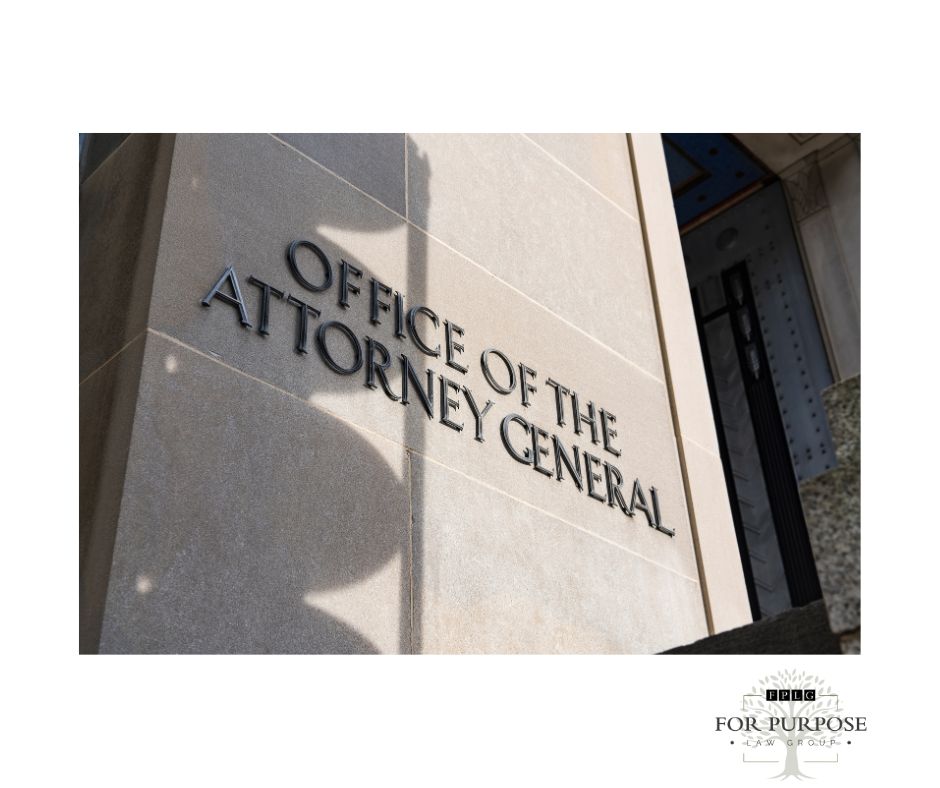
Charitable Registration: California Attorney General Requirements for Nonprofits
09.02.2025 | May L. Harris, Esq., MA

On the spectrum of the relative excitement of various types of litigation, an employment law, wage-and-hour, case barely registers. Occasionally, though, one of them is a big deal because of the unusual circumstances – or characters – involved.
Three decades ago, in 1985, the United States Supreme Court grappled with a Fair Labor Standards Act (FLSA) lawsuit brought by a colorful cult leader named Tony Alamo. The government won, issuing what has been described as a landmark ruling: Tony & Susan Alamo Foundation v. Secretary of Labor (1985) 471 U.S. 290.
Fast forward to 2017. Another religious organization, Grace Cathedral, has been dogged by huge penalties for violating minimum wage and overtime rules. It is losing once again – so far – based on the Alamo Foundation precedent. In March 2017, a U.S. District Court in Ohio upheld a significant FLSA penalties and back-wages award. The case has moved on to the Sixth Circuit, where it is now in the briefing stage.
In the earlier case, Reverend Alamo and his late wife, Susan, had led a nonprofit religious organization that went by various names including the Alamo Christian Foundation and the Tony & Susan Alamo Foundation. The Supreme Court described the activities as deriving “income largely from –
the operation of commercial businesses staffed by the Foundation’s ‘associates,’ most of whom were drug addicts, derelicts, or criminals before their rehabilitation by the Foundation. These workers receive no cash salaries, but the Foundation provides them with food, clothing, shelter, and other benefits.
Long story short: The government had other ideas, invoking the worker protections of the federal Fair Labor Standards Act (FLSA). The federal district court, and then the appellate court, sided with the government. The United States Supreme Court, in the 1985 Alamo Foundation case, agreed, ruling that (1) the Foundation was an “enterprise” within the definition of the FLSA, (2) “the Foundation’s businesses serve the general public in competition with ordinary commercial enterprises, and (3) under the “economic reality” test of employment, the associates were “employees” of the Foundation protected by the Act.
The Foundation’s defenses under the Free Exercise and Establishment Clauses of the First Amendment were rejected; there is “no express or implied exception for commercial activities conducted by religious or other nonprofit organizations.” The FLSA has been “consistently construed … liberally in recognition that broad coverage is essential to accomplish the goal of outlawing from interstate commerce goods produced under conditions that fall below minimum standards of decency.”
Cleveland-based megachurch Grace Cathedral and its spiritual leader, Rev. Ernest Angley, argue that the “volunteers” at its church restaurant, the Cathedral Buffet, are “doing the Lord’s work” and so should be exempt from the minimum wage and overtime protections of the Fair Labor Standards Act.
The Cathedral Buffet is a for-profit restaurant owned by Grace Cathedral, Inc.
For most of its existence, the Cathedral Buffet relied on church ‘volunteers’ to operate the restaurant. Angley, as president of Cathedral Buffet, was heavily involved in the management and operations, and actively recruited volunteers from the church. The restaurant maintained two classes of workers: employees who were paid an hourly wage and unpaid “volunteers.” The volunteers constituted the bulk of the restaurant’s workforce and performed virtually all the same jobs as the paid workforce.
In 2015, the Department of Labor filed a lawsuit against Cathedral Buffet; the government asked for back wages for the workers as well as “liquidated damages” (a type of penalty) and also requested a permanent injunction against the church-run restaurant. After a bench trial, the district court found – citing the Supreme Court’s 1985 ruling in Tony & Susan Alamo Foundation v. Secretary of Labor – that the Cathedral Buffet, as a commercial, for-profit business, was a “covered employer” under the FLSA.
Reverend Angley was “also found to be an employer and personally liable for the judgment as allowed under the FLSA.” The court looked to the “economic realities,” concluding that the “volunteers” were employees within the meaning of, and entitled to, the protections of the Fair Labor Standards Act.
The defenses presented this time around were similar to those argued 30 years ago; that is, that the First Amendment and the workers’ alleged “motivation” to volunteer their services, were enough to negate the application of the FLSA.
Once again, these defenses were rejected. Liability was imposed “for liquidated damages as well as for acting in bad faith because of previous citations.” Judgment was entered for a total of $388,507.
Angley and the church have appealed the decision to the Sixth Circuit. It argues that FLSA shouldn’t apply because it is owned and run by a tax-exempt church, does not make a profit (even though it’s set up as a for-profit entity), operates with charitable intent, and “volunteers” didn’t expect to get paid and didn’t feel coerced to volunteer. In its recent brief filed with the Sixth Circuit, the Department of Labor sharply disagrees, emphasizing that “the FLSA prohibits the use of volunteer labor at for-profit businesses.” The agency also made clear that it frowns upon the use of “coercion or pressure to procure volunteers,” including the threat of divine retribution.
The law in place to date is that people who participate in a for-profit entity’s business activities are considered employees instead of “volunteers” under the Fair Labor Standards Act even if there is a purported charitable purpose. The Sixth Circuit may rule otherwise; we’ll watch for the outcome of this case. But a win for Grace Cathedral and its restaurant would affect only entities in the jurisdiction of the Sixth Circuit (Kentucky, Michigan, Ohio, and Tennessee) and the matter could – and likely would – be appealed to the United States Supreme Court.
